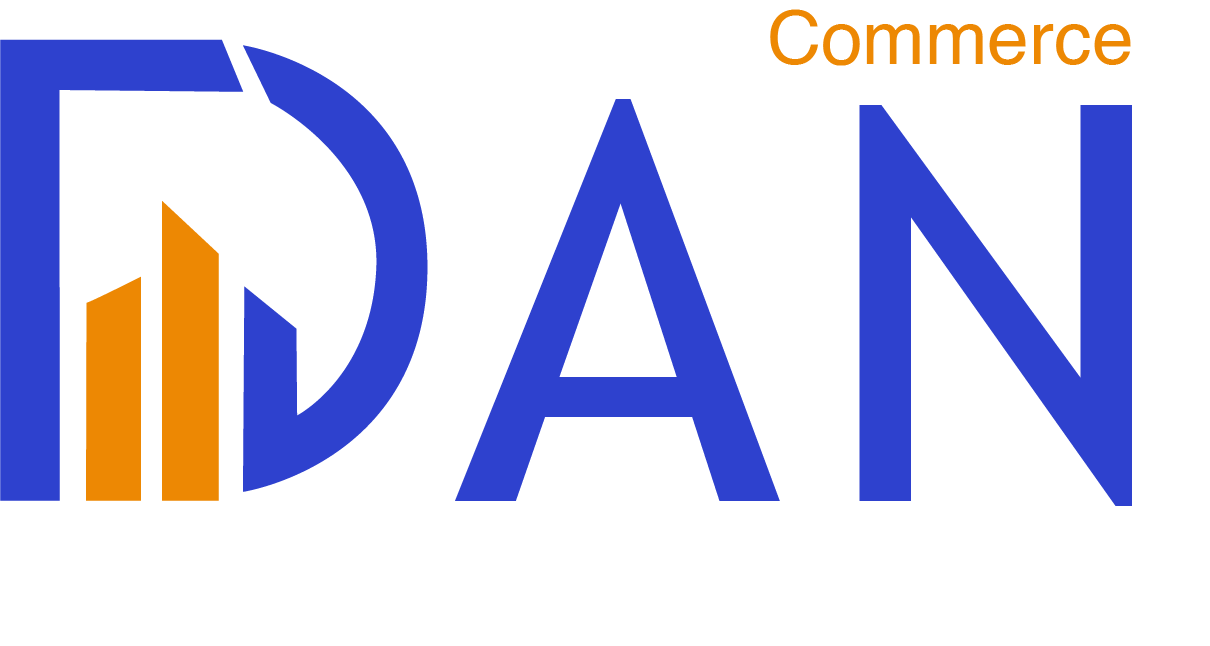Course Content:
Introduction to Blockchain and Cryptocurrencies:
History and evolution of blockchain and cryptocurrencies.
Key differences between blockchain and traditional database technologies.
Overview of Bitcoin, Ethereum, and other major cryptocurrencies.
Technical fundamentals of blockchain:
Structure of a blockchain: blocks, hashing, and mining.
Decentralized consensus: Proof of Work (PoW), Proof of Stake (PoS), and other algorithms.
Concept of smart contracts and their implementation in platforms such as Ethereum.
How cryptocurrencies work:
How cryptocurrencies are created, stored and transacted.
Cryptocurrency security: private keys, digital wallets, and protection measures.
Cryptocurrency market analysis: volatility, market capitalization and trends.
Practical applications of Blockchain:
Use cases in different industries: finance, logistics, healthcare, and more.
Exploration of decentralized applications (DApps) and decentralized finance (DeFi).
Impact of blockchain on digital identity, supply chain, and intellectual property.
Regulatory and Legal Aspects:
Current regulations on cryptocurrencies and blockchain globally.
Legal considerations on the adoption of cryptocurrencies and the creation of ICOs (Initial Coin Offerings).
Regulatory compliance and legal challenges in the implementation of blockchain in companies.
Challenges and Opportunities in Blockchain:
Scalability and efficiency in blockchain networks.
Decentralization vs. centralization: debates and hybrid models.
The future of cryptocurrencies and blockchain: emerging trends and possible scenarios.
Cryptocurrency investments:
Investment strategies in cryptocurrencies: trading, holding, and staking.
Evaluation of risks and opportunities in the cryptocurrency market.
Tools and platforms to manage cryptocurrency investments.
Final Project:
Development of a practical project where participants will design and implement a simple blockchain application or create a cryptocurrency investment portfolio based on market analysis.
Presentation of the project and discussion of its feasibility and potential impact.
Additional Benefits:
Certification in Blockchain and Cryptocurrency Fundamentals:
Upon completion of the course, you will receive a recognized certification that validates your knowledge and skills in blockchain and cryptocurrencies.
Access to Specialized Tools and Resources:
You’ll get access to blockchain development platforms, cryptocurrency trading simulators, and additional educational resources.
Mentoring and Networking:
You will have the opportunity to interact with blockchain and cryptocurrency experts, and participate in networking events with other professionals interested in this technology.
Course Duration: 4 months
Modality: 100% online, with live sessions and access to recorded content.



Valoraciones
No hay valoraciones aún.